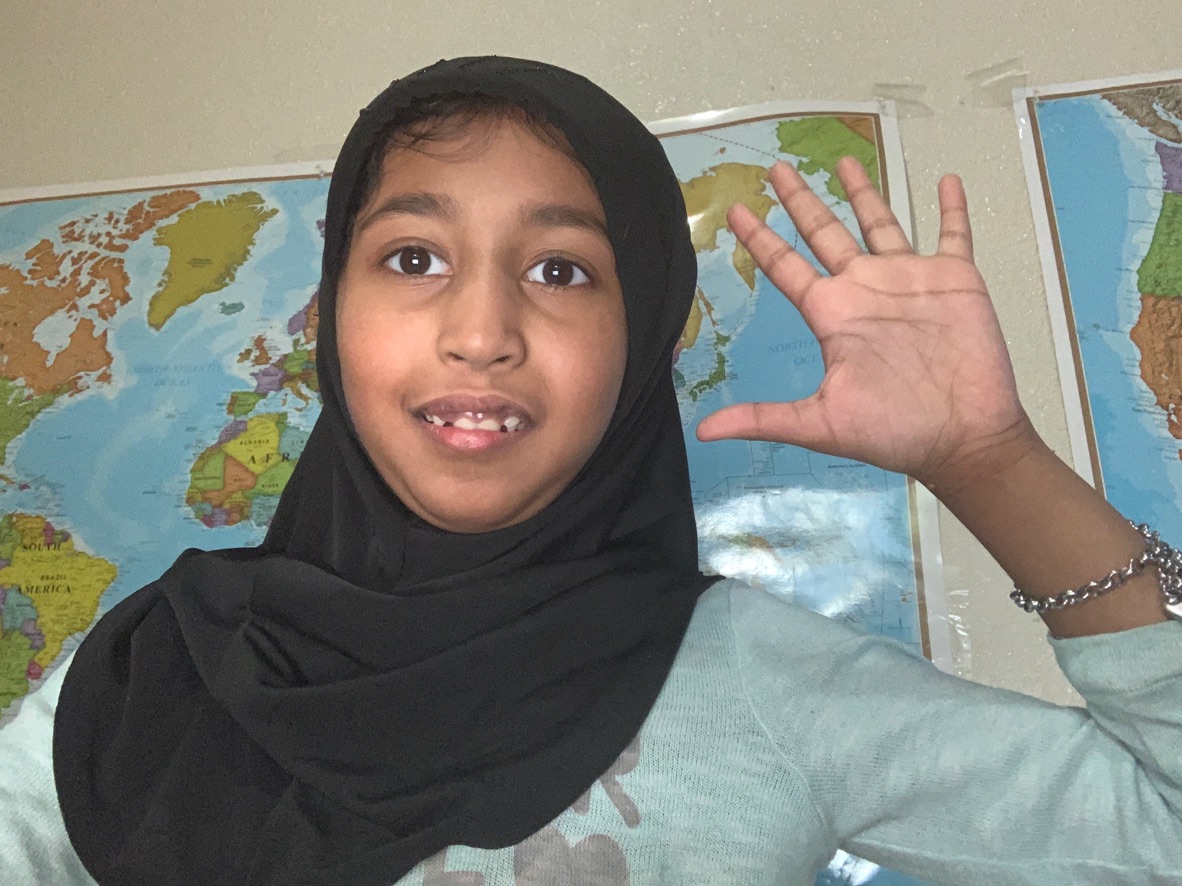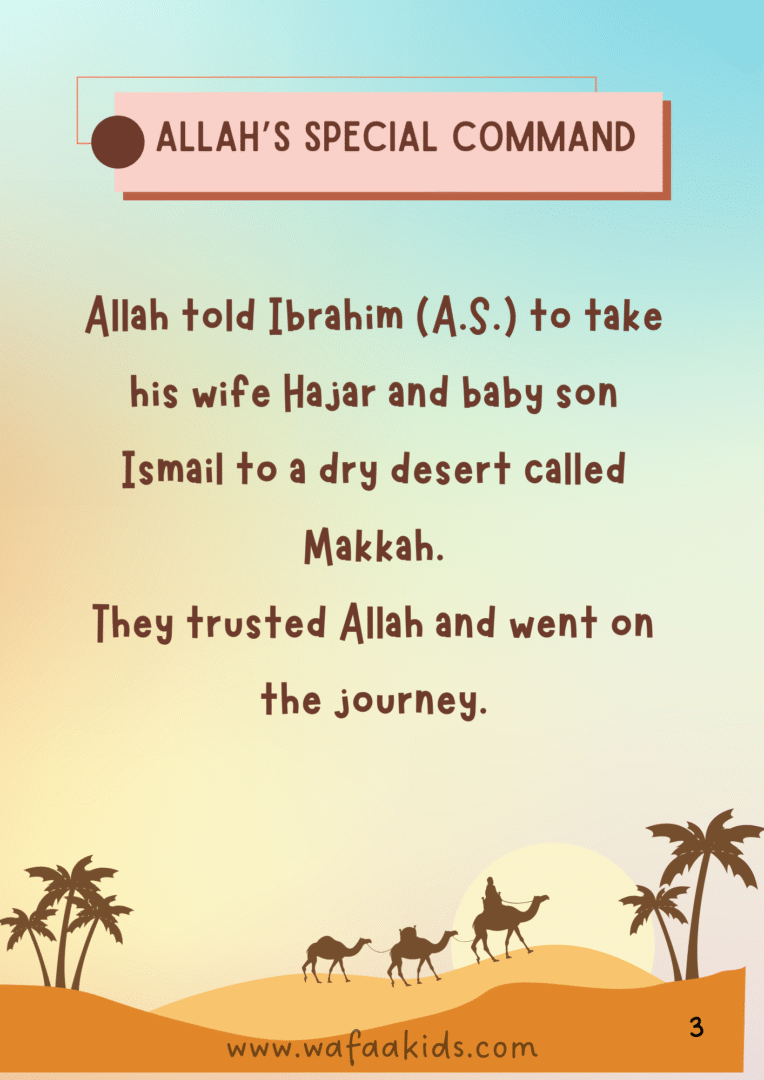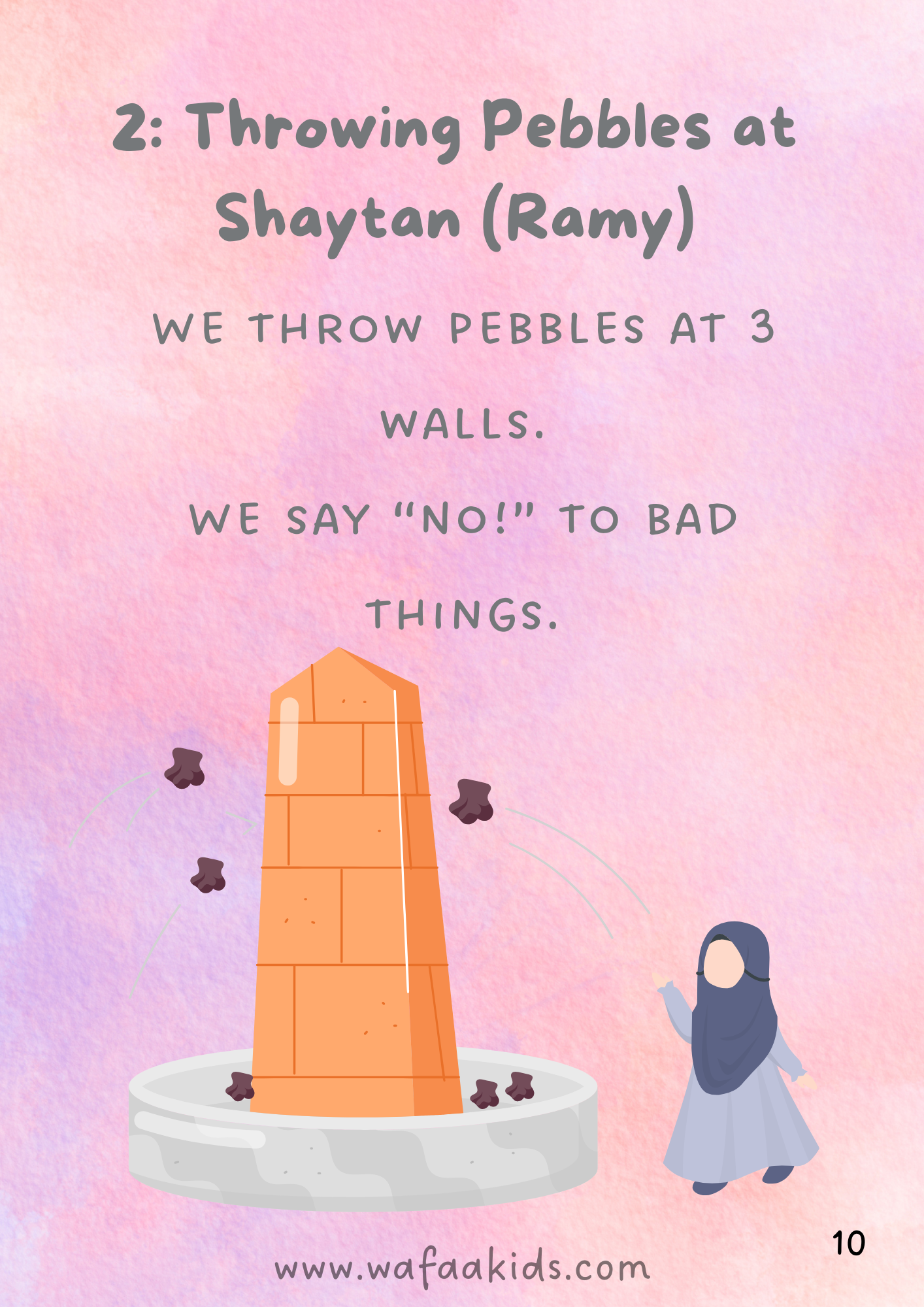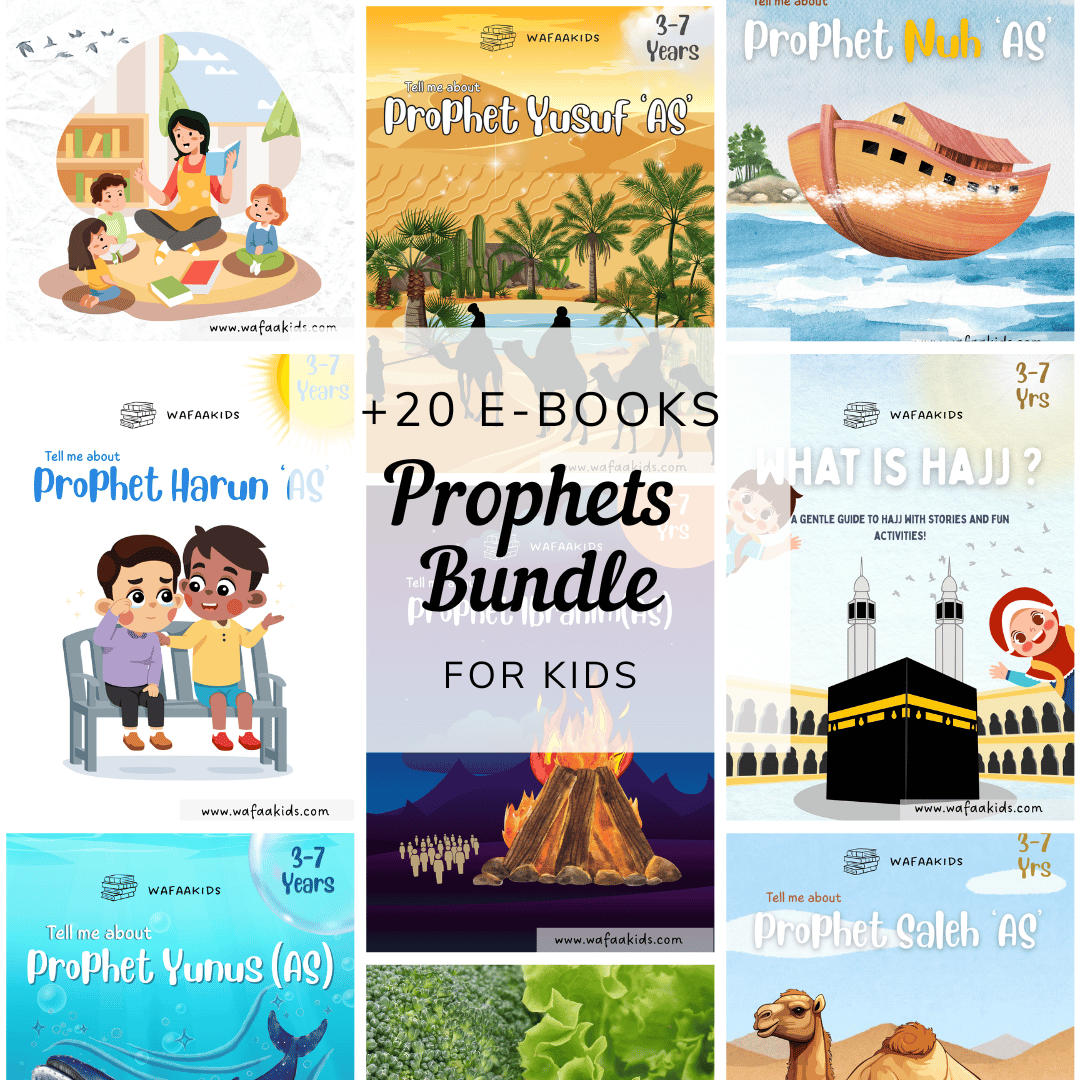is islam older than christianity?

An Eternal Message: Is Islam Older Than Christianity?
The question “is islam older than christianity” is one of the most common and fascinating questions in comparative religion. On the surface, the answer seems like a straight forward matter of looking at a historical timeline. If you ask a historian “is christianity older than islam,” they will give you a clear and fact-based answer.
However, in the Islamic tradition, the answer is far more profound and complex. It requires understanding the fundamental difference between “Islam” as a specific, organized religion and “islam” as the timeless act of submission to God.
To truly answer this question, we must explore both definitions. One answer is based on historical dates, prophets, and scriptures as they appeared in sequence. The other is based on a theological concept that stretches back to the very first human being .
The Theological Concept: An Answer in Faith
The Arabic word ‘islam’ comes from the root s-l-m, which means “peace” and “submission.” Therefore, “Islam” is not just the name of a religion; it is the act of willfully submitting one’s will to the One True God.
A “Muslim,” by extension, is “one who submits.”
In this theological sense, Islam is not a new religion that began in the 7th century. Rather, it is the original, primordial, and eternal faith of all prophets sent by God since the beginning of time.
According to the Quran, the core message of every single prophet sent to humanity was the same: “Worship God alone, and have no other gods beside Him.” This message is Islam.
Adam, the First Muslim: When Adam, the first man, was created, he was in a state of pure submission to his creator. Therefore, in the Islamic view, Adam was the first Muslim.
Noah, Abraham, and Moses as Muslims: The Quran explicitly states that all the great prophets were “Muslims” in this sense.
Noah (Nuh) preached submission to God.
Moses (Musa) brought the Torah, which, in its original form, was a message of submission (Islam) for the Children of Israel.
Abraham (Ibrahim) is given a place of special honor. The Quran says of him: “He was not a Jew nor a Christian, but he was one inclining toward truth, a Muslim [submitting to Allah]. And he was not one of the polytheists.” (Quran 3:67)
This “chain of prophecy” is a non-negotiable pillar of Islamic belief. All prophets are seen as brothers, carrying the same light from the same source, each sent to their own people to restore this one true faith.
Teaching these core beliefs and the stories of all the prophets is our passion. Our beautifully illustrated ebooks at wafaakids.com bring the lives of these great messengers, from Adam to Muhammad, to life for your children.
The Role of Prophet Muhammad (ﷺ)
So, if Islam is the eternal faith, why was Prophet Muhammad needed?
From the Islamic perspective, the original messages revealed to previous prophets (like the Torah and the Gospel) were corrupted, altered, or lost over time. God, in His infinite mercy, sent a final messenger, Prophet Muhammad, for two primary purposes:
To Restore: To restore the original, pure, and simple message of submission (Islam) that had been taught by all prophets.
To Complete: To deliver the final, complete, and perfectly preserved revelation—the Quran—that would be a guide for all of humanity for all time, not just for one tribe or nation.
This is why Prophet Muhammad is not seen as the “founder” of Islam, but as the “seal” or the final prophet in the long chain of messengers. He did not bring a new religion; he brought the final version of the one and only religion, Islam.
Conclusion: Two Answers to One Question
So, is Islam older than Christianity? The answer depends entirely on your definition.
From a theological, Islamic perspective: Yes. The message of Islam—the pure and willful submission to the One True God—is the eternal, original, and only faith sent to all prophets since Adam. It is the message preached by Abraham, Moses, and Jesus, making it the oldest faith of all.
Understanding this distinction is the key to understanding the Islamic worldview. It explains why a Muslim can simultaneously believe that the religion of Islam is the final revelation, while also believing that the act of islam is the original faith of all humanity.

Prophets Stories
Course
5 - 16 Years Old
Your Child will learn The Prophets stories from cartoon and then we will teach them how to create their own prophet story using the ai.

What is islam Course
7 - 16 Years Old
Discover the beauty, history, and teachings of Islam in our What is Islam Course—a clear and engaging introduction for anyone who wants to understand the world’s fastest-growing faith.
What is Hajj and How to Do it
$3.99Original price was: $3.99.$1.99Current price is: $1.99.Story of Ibrahim(as) and How Hajj Started
$3.99Original price was: $3.99.$1.99Current price is: $1.99.🕋 Hajj Bundle – Islamic books for kids
$9.99Original price was: $9.99.$4.99Current price is: $4.99.Eid Al-Adha Fun – Ebook for Kids
$3.99Original price was: $3.99.$1.99Current price is: $1.99.What We Can Learn from Hajj ? – E-book
$3.99Original price was: $3.99.$1.99Current price is: $1.99.The Pillars of Al-Hajj and it’s Sunnahs
$3.99Original price was: $3.99.$1.99Current price is: $1.99.The Last 3 Surah’s
$2.99Original price was: $2.99.$0.99Current price is: $0.99.Prophets Stories Bundle – islamic books stories of the prophets
$39.99Original price was: $39.99.$9.99Current price is: $9.99.Allah Knew Me – Hadith – Islamic Ebooks For Kids
$2.99Original price was: $2.99.$0.99Current price is: $0.99.
Table of Contents
What is Hajj and How to Do it
$3.99Original price was: $3.99.$1.99Current price is: $1.99.Story of Ibrahim(as) and How Hajj Started
$3.99Original price was: $3.99.$1.99Current price is: $1.99.🕋 Hajj Bundle – Islamic books for kids
$9.99Original price was: $9.99.$4.99Current price is: $4.99.Eid Al-Adha Fun – Ebook for Kids
$3.99Original price was: $3.99.$1.99Current price is: $1.99.What We Can Learn from Hajj ? – E-book
$3.99Original price was: $3.99.$1.99Current price is: $1.99.The Pillars of Al-Hajj and it’s Sunnahs
$3.99Original price was: $3.99.$1.99Current price is: $1.99.
Popular Posts
Parents Say About WafaaKids.
4.9
(121 Review) From preply
Alhamdulilah, my son enjoys the lessons. Very systematic learning. If would be great if could include videos of the same topic learnt. Kids learn faster through songs & games insyaAllah. Look forward for the next lesson 👍🏻👏🏼Online Quran Academy

I am glad that I have found WafaaKids for my two kids, the teaching style is very flexible and they know how to keep the students engaged and interested in the topic they are teaching, I hope my kids can learn more from them in the coming days InshaAllah. The Best Islamic stories for kids

My son is 13 years old and he takes lessons with WafaaKids for one hour a week. They are very satisfied and their voluntarily asked for another lesson - otherwise he will never study voluntarily. WafaaKids teacher's responds to the student's wishes, their youthful, polite manner and is highly recommended. Already from the first unit I noticed a progress with my son. I'm very satisfied. Online Quran Academy

I am happy to find WafaaKids to teach my 8yr old daughter, Quran and arabic. she has completed around 10 sessions and never got bored. now she is motivated to learn Quran and looks forward to his classes. I like how he engages with kids by telling them stories and other fun activities. he also makes arrangements to interact with other students and their parents to motivate each other. overall he is a good find and I recommend them especially for kids. The Best Islamic stories for kids

FAQs
You ask, We answer
The first step is to fill out a quick form The Form and we will send you the link of your Trial lesson on your mail and what’s app.
We are providing an onsite lessons only in Egypt, Otherwise will be online via any video call platform like Zoom.
Most students enroll in the Basic plan. The average student at WafaaKids spends around $64 per month. This approximately amounts to 8 teaching hours per month or 2 x 1-hour lessons per week which are suited for most levels and ensure the program goals are met. The pricing can be slightly different depending on the plan.
Over the years, we have had successes with very young students but we recognize that every child is different and some might have difficulty interacting with a teacher online. In general, we found that starting from age 7, there are rarely any issues with teaching online.
For younger ages, a guardian might need to accompany the student during the lessons initially to provide support until the student gets used to his/her teacher.
We understand that quality education can get expensive and therefore we offer a number of discounts to maximize the benefit for our students enrolled in our programs.
(1) Family Discounts: Students enrolled in our Basic and Pro plans receive 10% and 5% off respectively when 2 or more members of their family are enrolled in the same plan.
(2) Zakat Fund: For students who experience financial hardship, WafaaKids maintains a Zakat eligible fund that is used towards partially or fully subsidizing fees. You will be required to provide documentation to demonstrate your eligibility.























